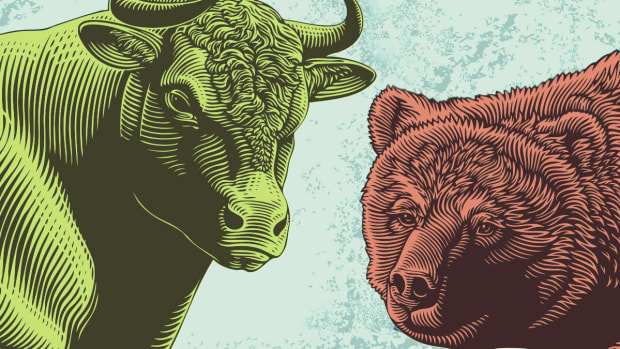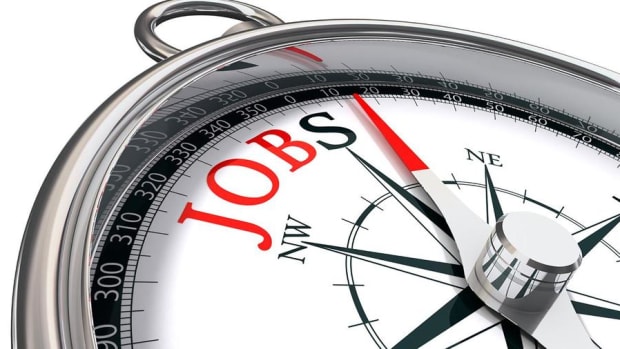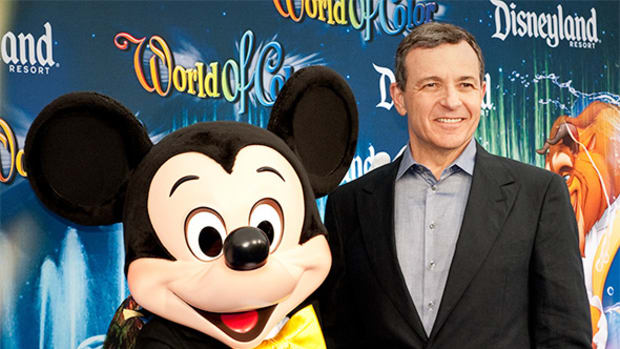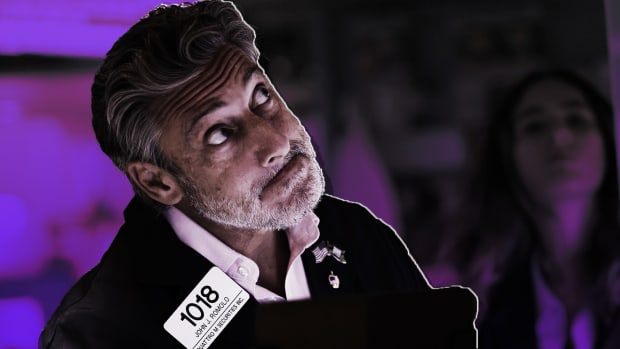Twitter's Future in Europe Is in Jeopardy
Elon Musk's approach to Twitter does not please the European Union.
The EU has made this known to the billionaire during a Zoom meeting between the European commissioner for the internal market, Thierry Breton, and Musk on Nov. 30, reports the Financial Times.
Breton warned Musk about Twitter being banned in the European Union if the platform fails to follow the bloc's content-management rules, the newspaper says.
Breton told Musk he must adhere to a checklist of rules, including ditching an "arbitrary" approach to reinstating banned users, "aggressively” pursuing disinformation, and agreeing to an "extensive independent audit” of the platform by next year.
Musk responded that he thought that the European rules were "very sensible,” the FT reports.
Breton's office did not immediately respond to a request for comment.
'Tackle Disinformation'
Breton posted a clip of the reunion on Twitter. It seems to confirm the information from the FT.
I welcome @elonmusk's intent to get Twitter 2.0 ready for the #DSA🇪🇺," Breton wrote, referring to the Digital Services Act. That's a law adopted last January by the European Parliament to regulate the internet to make it what the legislators deemed a "safer space for users."
"Huge work ahead still — as Twitter will have to implement transparent user policies, significantly reinforce content moderation and tackle disinformation. Looking forward to seeing progress in all these areas," he added.
The commissioner then posted a link to the DSA and the checklist for each social network.
The EU is particularly concerned about Musk's decisions on which tweets are acceptable on social media in the name of free speech even if they are hateful, racist and antisemitic.
For example, he reactivated the account of former President Donald Trump and anti-transgender accounts. He also announced a general amnesty for all banned accounts. For the Techno King, as he is known at Tesla, any message is acceptable as long as it does not violate the law of the country in which it is posted.
But many advertisers are wary of this laissez-faire approach for brand-safety reasons. They have thus paused their ads on the platform.
Twitter's decision to eliminate its safeguards against covid-19 misinformation doesn't reassure many advertisers either. If in the U.S. and in other countries Musk's changes pass muster, they don't in the EU, where the rules are tougher.
The EU wants what is prohibited offline to be prohibited online as well.
DSA requires that social networks set up a button to report hateful posts. It should be easy to access and easy to use. In other words, users should not have to repeatedly click to trigger a report.
Platforms are clearly asked to acquire technical and human resources to better moderate their networks, i.e., to erase objectionable content (like homophobic, racist and pornographic material, illegal products, and more).
The law will come into force in 2024 and includes fines of as much as 6% of a platform's overall revenue.
In early November, Breton had warned that Twitter would have to comply with the DSA to be able to operate within the EU.





